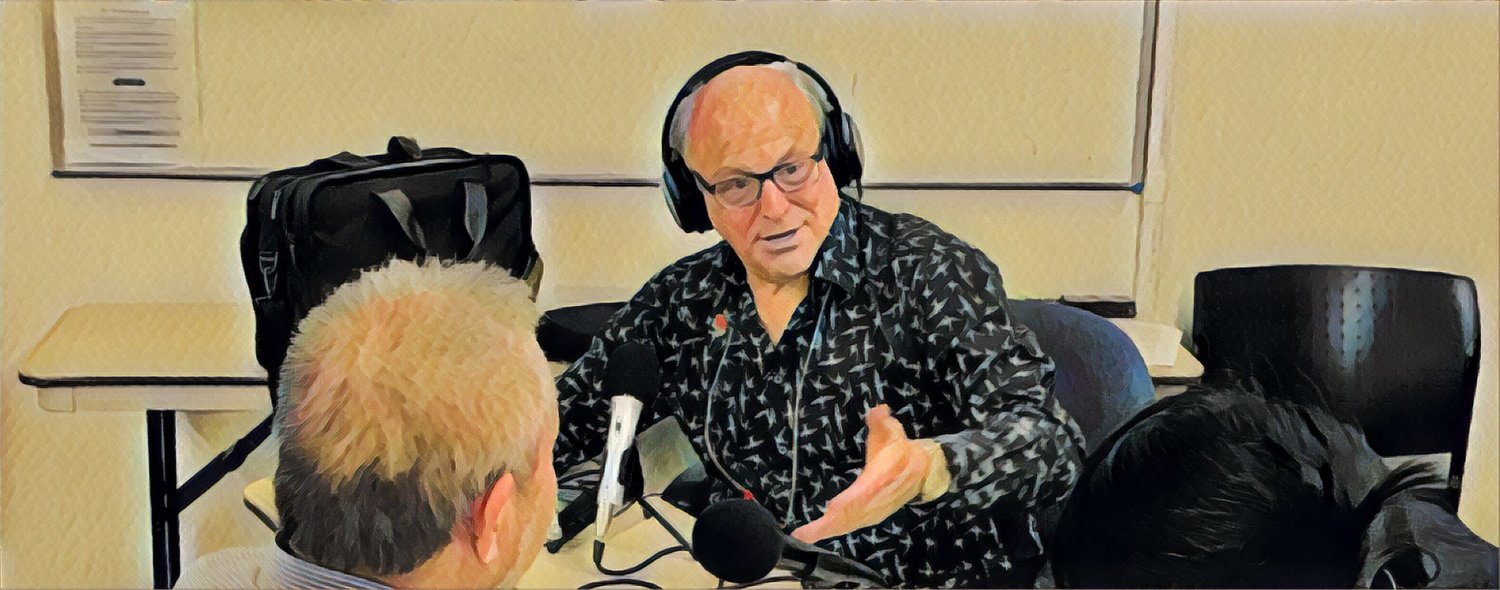Development of the capacity to self-reflect is critical to well-being in children. Children able to self reflect develop an internal locus of control. They gain confidence in their ability to assess and to make decisions. Less likely to be swayed by external rewards, punishments, and threats, self reflecting children gain mastery of themselves and so express their strengths and have the courage to meet challenges.
Reflection has two relevant meanings: to shine brightly by casting a light and to consider deeply. When we self reflect we are shining light on who we are—our feelings, thoughts, expectations and motivations. We come to know ourselves and so become comfortable in our skin.
Clearly, children of different ages have different capacities. Can a 6 year old self reflect? A 10 year old? A 13 year old? Our answer: emphatically yes—within the limitations of the child’s age and stage of development.
Here’s a situation that happened with a 7 year old boy. He was crossing a street without looking. It was a moment of high tension. His father shouted and he stopped. His father pulled him back to safety. Intelligently, he kneeled and spoke with force but not too much drama about the danger and how important it was to be careful. The boy, downcast, averted his eyes. His parents crossed the street and continued to the restaurant.
I was with them at the time and know the child well. At dinner I asked the boy to recount the incident. He demurred by just shaking his head. A bit later, in a natural way, the parents related their experience. The boy listened carefully, and then spoke of his confusion. His dad asked him what he was doing when he wandered into the street. He brightened and told us a story that was “writing in my head.” His dad’s shout was like “waking from a dream.” And then he added this capper: “I felt like I was bad because I made my dad mad.”
I won’t go into the revelatory, albeit, short dialogue that then occurred about the difference between making a mistake and perceiving oneself as bad except to say that it was not a top-down discussion but a participatory one involving all of us.
And then there is 11 year old Jennifer, who came home from school grumbling about teacher favoritism and the way the others in her (ostensibly) cooperative learning group were treating her. After allowing her to tell the story about the misbehavior of others, her mother asked if she contributed to the problem. At first she intensely denied that as even a possibility. Later, after snack, her dad asked her to tell the story again. This time she included her feelings towards the others. Her mother overheard and occasionally interjected comments such as: It must have been difficult to feel slighted; or, that would really bother me. In other words, she just made contact with her daughter’s feelings without pressing or asking for answers. Later, Jennifer told her mother that she “really didn’t like” one of the girls for a long time. With little prompting Jennifer told of the privileges both in class and in life that Jennifer believed the other girl had. Again, her mother made comments similar to the ones she made earlier. In a few minutes, Jennifer curled up in her mother’s lap. “I guess I’m jealous of her,” she said. They then had an interesting conversation about jealousy.
Self reflection is impossible without relationship for relationship provides the foundation of trust. Without trust children become wary and perhaps defensive. Then all they can do is respond to the external stimulus. This is a serious wound.
Recall the maxim: capacities are innate; development depends upon relationship. Without trust, without relationship, there is no development of the natural capacity to self reflect. Instead children become dependent of others to tell them what is ethical, what is worth doing, and how they should live. Their voice and power diminishes. This wound exudes loss in every aspect of the child’s being—physical, emotional, social, and of great importance, spiritual.
